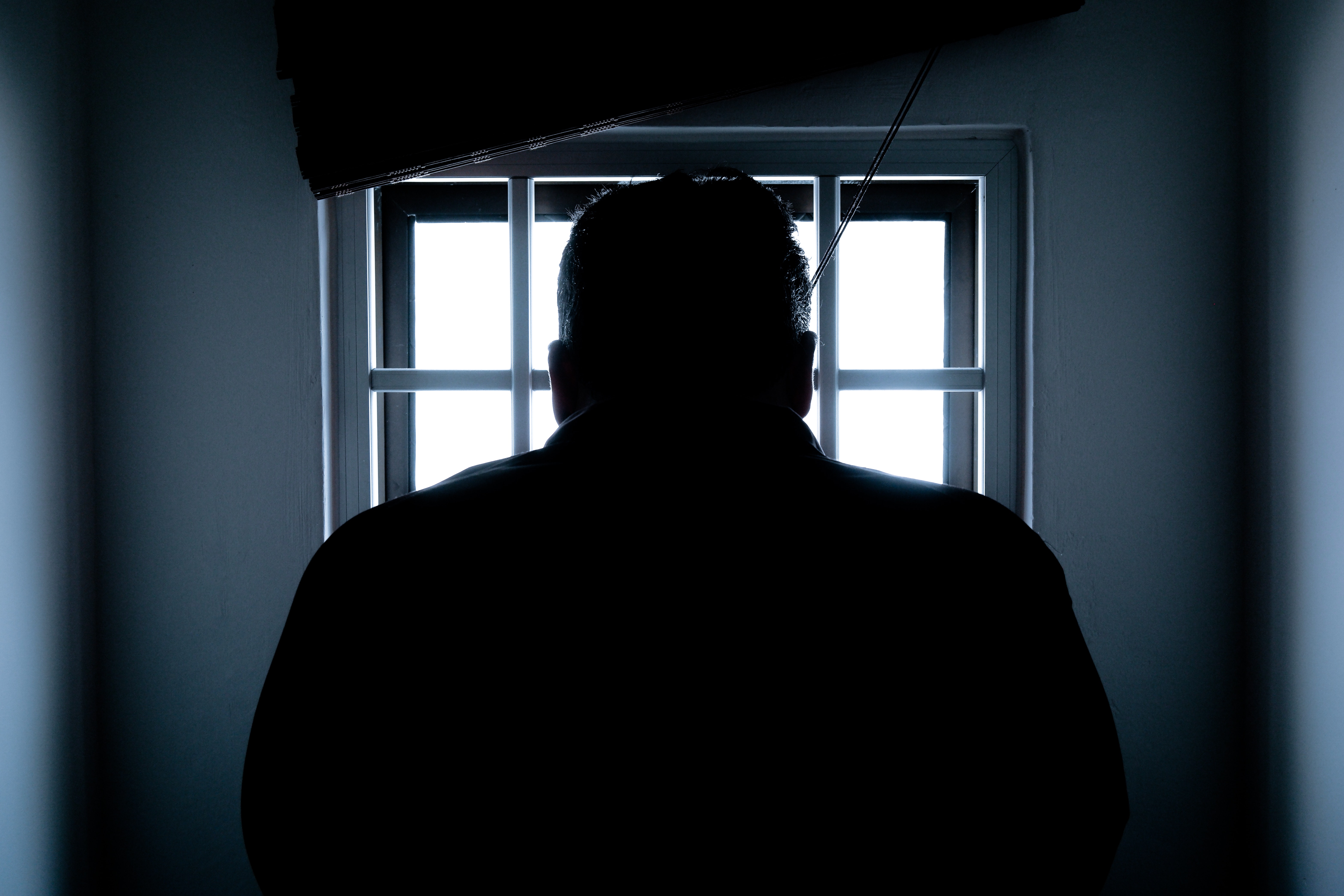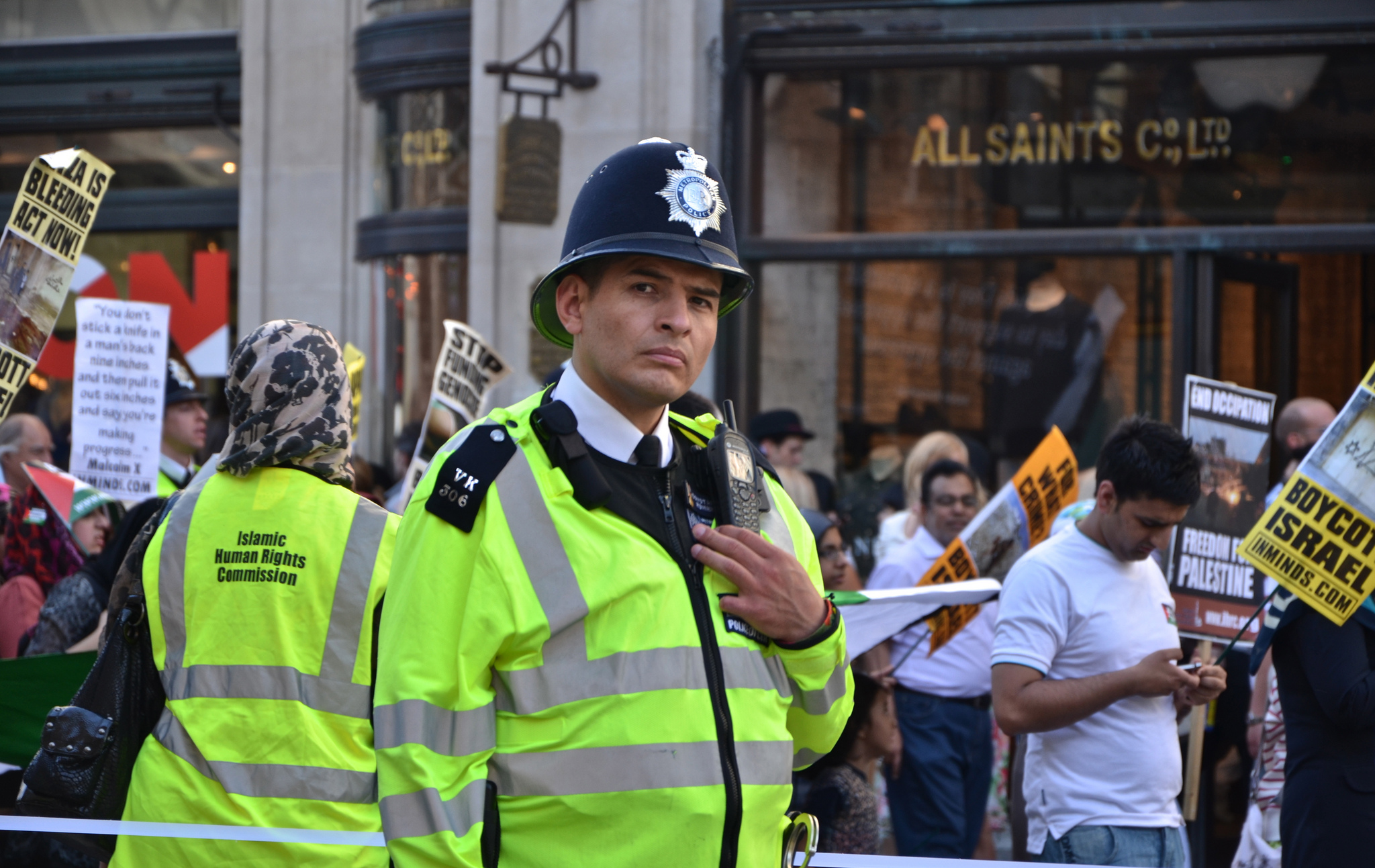The police watchdog says 23 people died in or following police custody in England and Wales over the last year, the highest number for a decade.
The figures have been released by the by the Independent Office for Police Conduct, and show an increase in 2017/18 of nine deaths on the previous financial year. These include three people who died after being held in a police cell, and five who died after being held in a cell before becoming unwell and then being pronounced dead in hospital.
The IOPC report says another nine people died in hospital after falling ill at the scene of an arrest.
The figures show the vast majority of those who died had prior problems involving mental health, drugs or alcohol, and 17 of the 23 people had been subjected to the use of force or restraint before they died.
The watchdog have made it clear that this does not necessarily mean the use of force was a factor in their deaths, though.
Read More: What Human Rights Do Prisoners Have?
Commenting on the report, IOPC director general Michael Lockwood said that the rise in deaths in police custody this year “is concerning viewed against a trend of falling numbers over the last decade.”
Structural Racism ‘Embedded in Policing Practices’

Image Credit: Donald Tong/Pexels
The watchdog figures show a rise in the number of deaths of people from an ethnic minority background after force was used by police (three in 2015/16, five for 2016/17).
Of the 17 cases which followed force or restraint, the IOPC says nine were white and eight were black. These figures show us that the proportion of police custody deaths involving black people and force remains higher than the proportion of black people in the English and Welsh population.
Deborah Coles, director of Inquest, which is a charity that provides expertise on state related deaths, responded to the findings saying that the disproportionality in the use of force against black people “adds to the irrefutable evidence of structural racism embedded in policing practices.”
She continued, “this has been a year of widespread promises of change and learning lessons. Clearly real systemic change remains to be seen.”
The police were at the centre of a ‘structural racism’ row back in April too, when UN Human Rights experts expressed concerns over the deaths of “a disproportionate number of people of African descent and of ethnic minorities” here that came as a result of “excessive force by State security.”
These concerns were raised over Metropolitan Police data, with the government admitting in a response that “further improvements were needed.”
What’s Being Done to Prevent Custody Deaths?

Image Credit: Aires Almeida/Flickr
The IOPC came into being in January of this year, after previously being known as the Independent Police Complaints Commission. As its first director general, Michael Lockwood says he is determined “that we raise awareness of these cases” and “help police and other agencies learn lessons from our investigations.”
He continues that “through the Ministerial Board on Deaths in Custody and follow up to the Angiolini Review” they are looking to add their expertise “to tackling the challenge.
The Angiolini Review that Lockwood mentions is a reference to the ‘Report of the independent review of deaths and serious incidents in police custody’ published by the Home Office in January 2017.
The review looked at the major issues surrounding deaths and serious incidents in police custody, identified areas for improvement, and developed recommendations to ensure better institutional treatment.
It suggested improvements to areas such as the use and byproducts of restraint, the health and wellbeing of those in police custody, and the support for the families of those affected.
Speaking about those custody deaths involving those who are highly vulnerable or have mentally ill health, Identity’s Deborah Coles states that the solution “does not lie within policing.”
She claims that many of the deaths illustrate “the impact of austerity” and the “historic underfunding of health and community services.”







